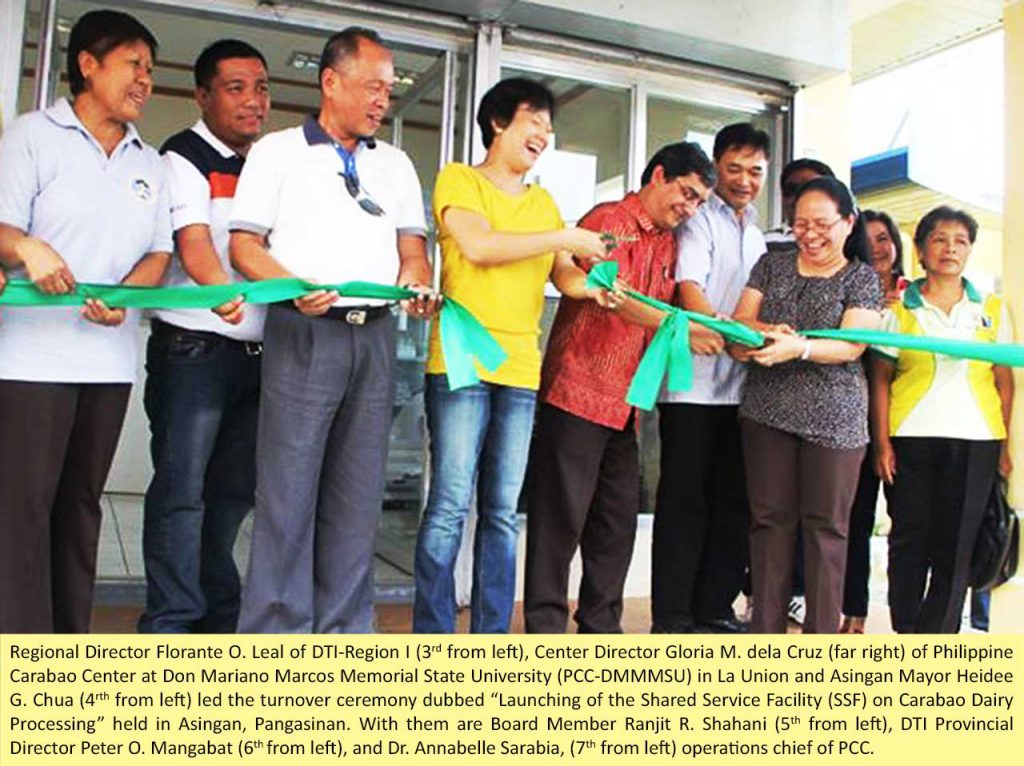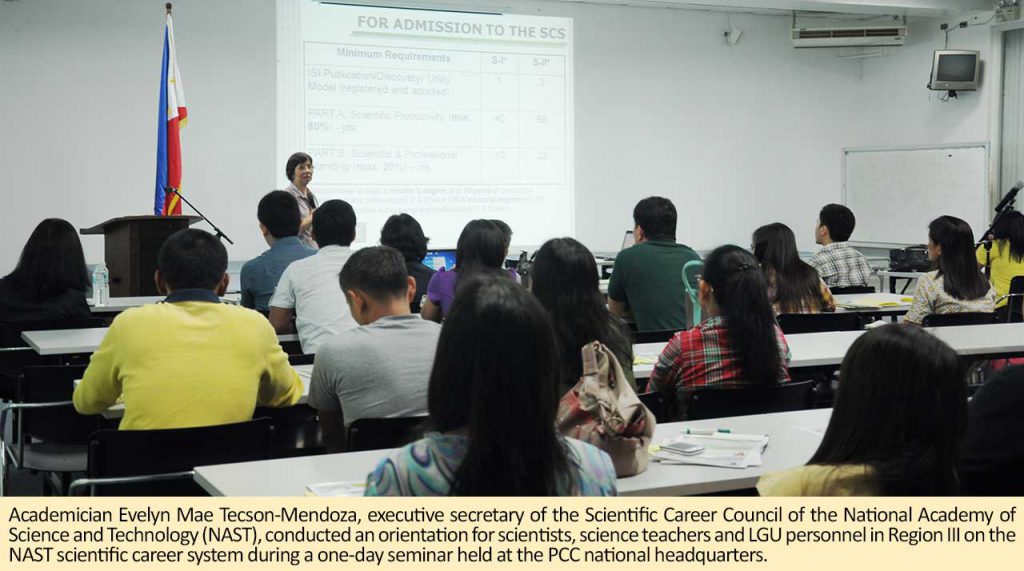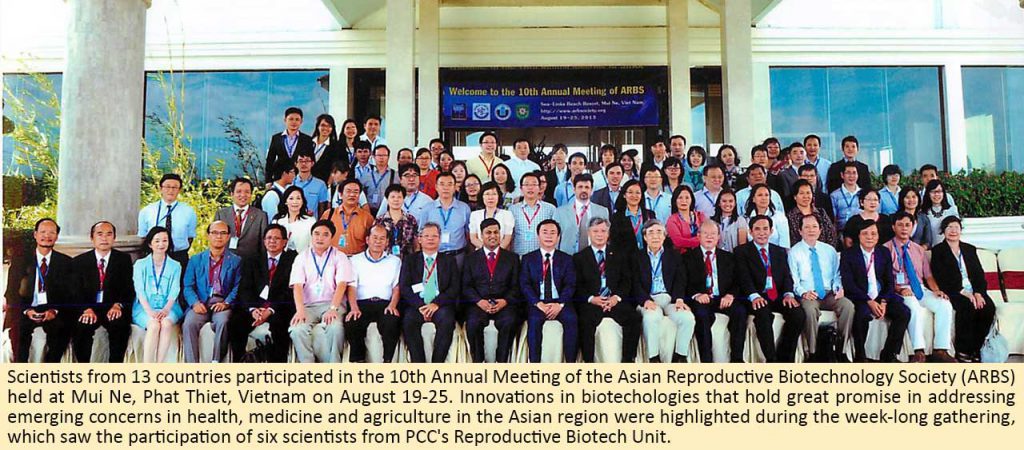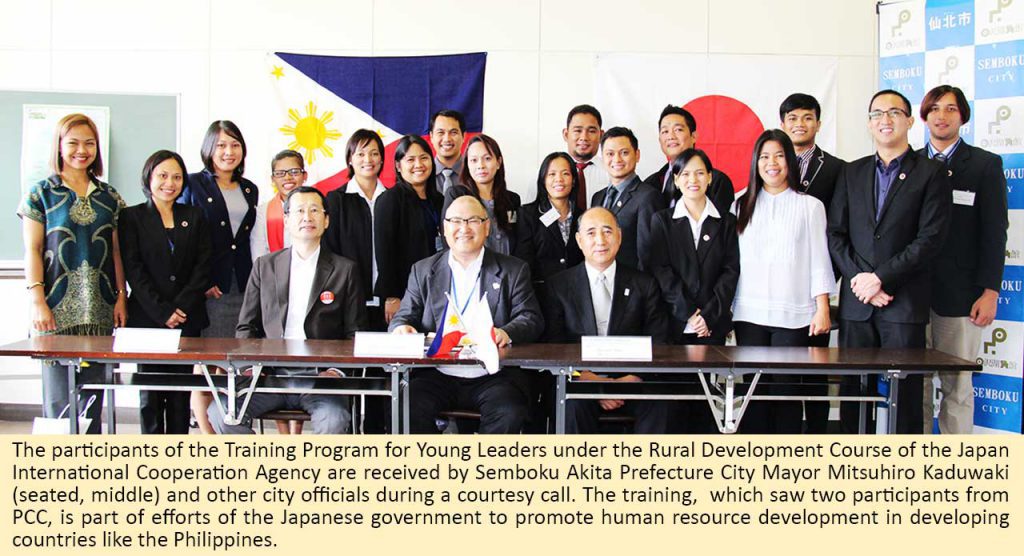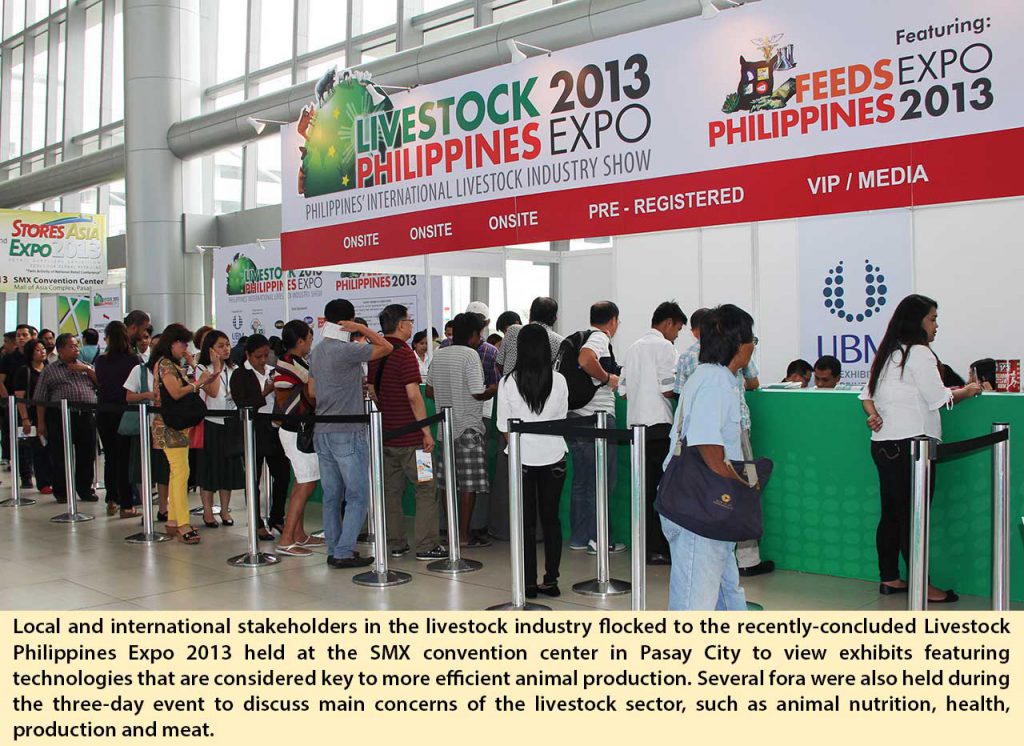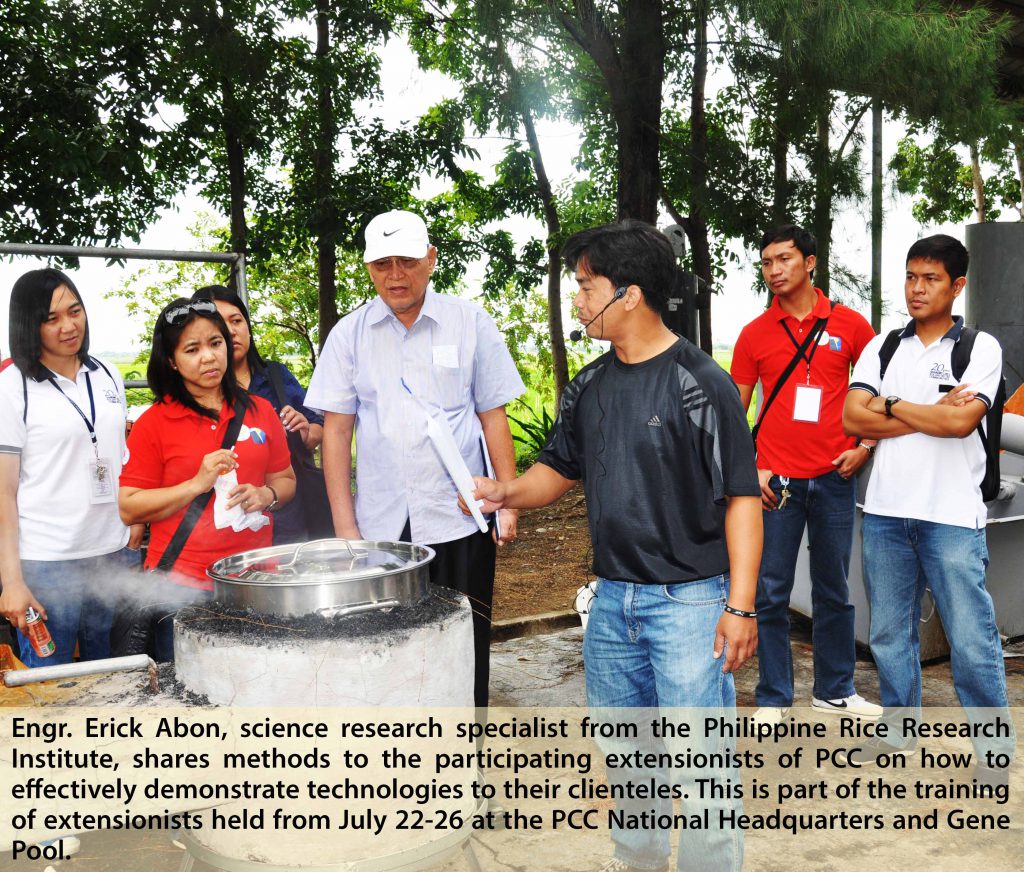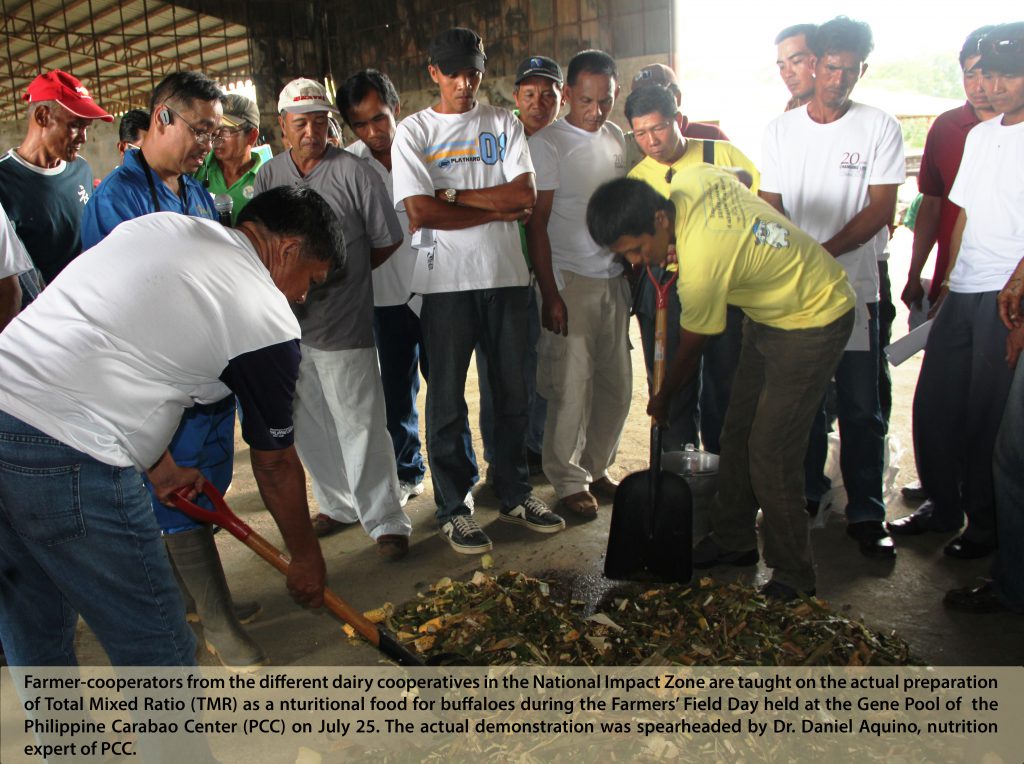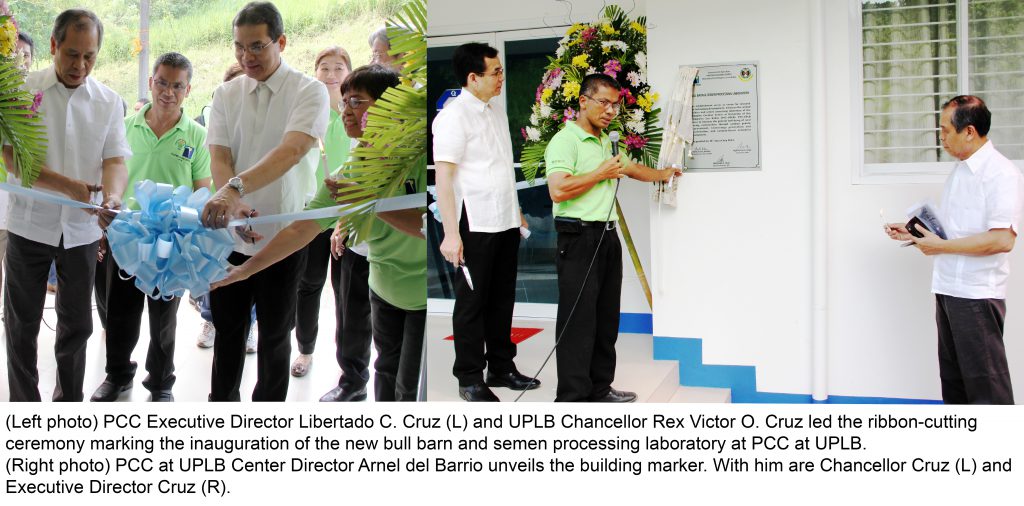The Department of Trade and Industry (DTI) in Region I recently extended a shared service facility (SSF) for carabao dairy processing worth some P800,000 to the Bantog Samahang Nayon Multi-Purpose Cooperative (BSNMPC) in Asingan, Pangasinan.
The BSNMPC, which is an assisted-group of the Philippine Carabao Center (PCC), received two soft ice cream makers, three chest-type freezers, two upright freezer/refrigerators and three milking machines.
The SSF Project is one of the flagship undertakings of DTI launched in 2012 in support of qualified and interested micro, small and medium enterprises (MSMEs). It is aimed at hastening and increasing production capacities of the beneficiaries to improve product quality and enhance competitive footing in the global market.
Regional Director Florante O. Leal of DTI-Region I, Center Director Gloria M. dela Cruz of PCC at Don Mariano Marcos Memorial State University (PCC-DMMMSU) in La Union and Asingan Mayor Heidee G. Chua led the turnover ceremony dubbed “Launching of the Shared Service Facility (SSF) on Carabao Dairy Processing” held in Asingan, Pangasinan.
More than 70 farmers from different cooperatives attended the program along with other officials of DTI-Region I, officials from the local government units (LGUs) of the towns of Asingan, Sta. Maria, Umingan and San Nicolas, Pangasinan, and PCC staff members.
Coop chair Modesto Gabriel accepted the donations in behalf of the BSNMPC.
Pangasinan Governor Amadeo T. Espino, Jr., who was invited as a guest speaker for the program, was represented by Ranjit R. Shahani, provincial board member of the 6th district of the province.
Shahani spoke about how the processing equipment lot was acquired and the entities who made the project possible. He exhorted the coop members to ensure proper maintenance of the processing plant and its facilities in order to make it continuously operational and viable.
On the other hand, Dr. Annabelle S. Sarabia, PCC chief for operations, encouraged the local dairy farmers to continue their dairying venture and increase the production performance of their dairy animals in order to meet the required volume of milk needed by the processing plant to be fully operational.
The ceremony culminated with a guided tour of the BSNMPC processing plant and sampling of various carabao milk-based products. A sharing of coop experiences was also done.

